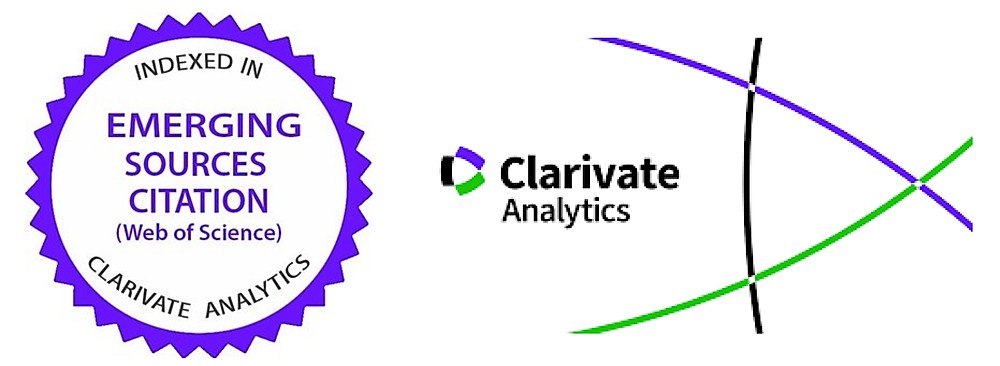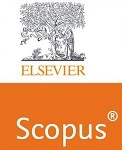Financial System and SMEs Access to Finance: A Market-oriented Approach
Abstract
The study uses a market-oriented approach to investigate the relationship between the financial system and SMEs access to finance in Nigeria between 1995 and 2019. Both indicators from the capital and money markets are used as independent variables while some macroeconomic variables such as inflation rate, interest rate and exchange rate are also used. The study made use of Auto-Regressive Distributed Lag to explore the long and short-run relationship and the result shows that the capital market has a more significant impact on SMEs access to finance than the money market. Variables such as inflation rate, exchange rate and interest rate all have a significant influence on access to finance by the SMEs. it is recommended that the money market as an important aspect of the financial system in Nigeria should be made to devote more credit to the SMEs sector as it has shown from this study that the bulk of the credit going into the private sector from the money market might not go into the SMEs sector. The inflation rate should also be controlled as well as reducing the lending rate and guide against unreasonable currency devaluation to promote access to finance by the SMEs in Nigeria.



























